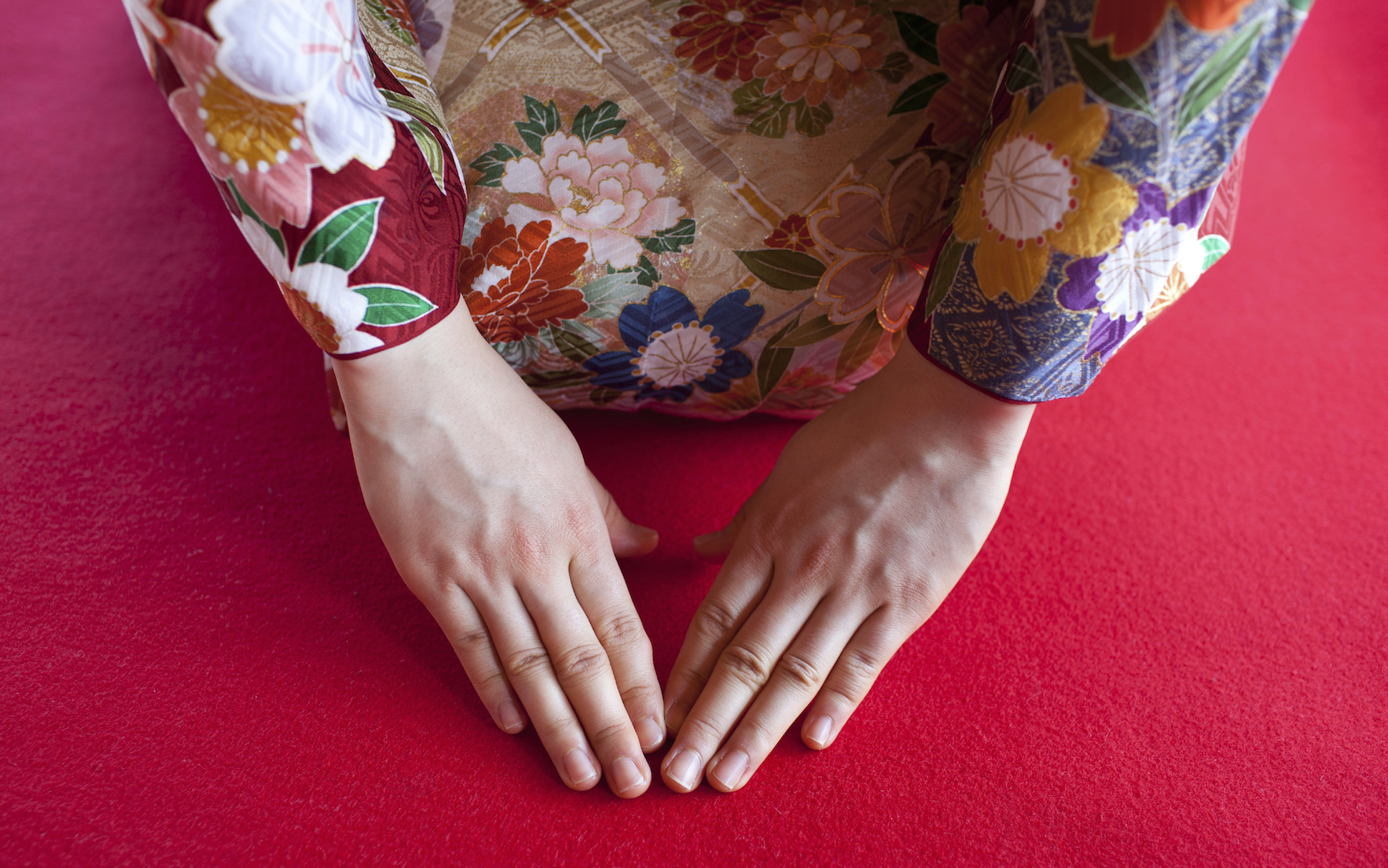A Japanese friend who used to travel a lot for work told me of a funny thing that once happened to her in a Tokyo hotel. She was checking in when a bellhop came up and, without saying anything, picked up her bag. She resented the presumption and tried to yank it out of his hand. A silent tug of war ensued.
The bellhop wasn't being rude or, for that matter, particularly Japanese. He was just operating according to instructions. My friend told me this story to illustrate her reaction to the increased currency of the word omotenashi, which, ever since Tokyo won the right to hold the 2020 Olympic Games, is used to describe the Japanese style of hospitality and, when it's covered by the media, a source of national pride. To my friend, omotenashi is not something you talk about, much less brag over. There's something arrogant about the idea that one's hospitality is superior to another's, which was the message implicit in the Olympic bid campaign.
Though I know other Japanese people who feel the same way as my friend, the media usually go to non-Japanese if they want an opinion about omotenashi, since it is foreign visitors who are meant to be impressed by yet another unique quality of Japanese culture.


















With your current subscription plan you can comment on stories. However, before writing your first comment, please create a display name in the Profile section of your subscriber account page.